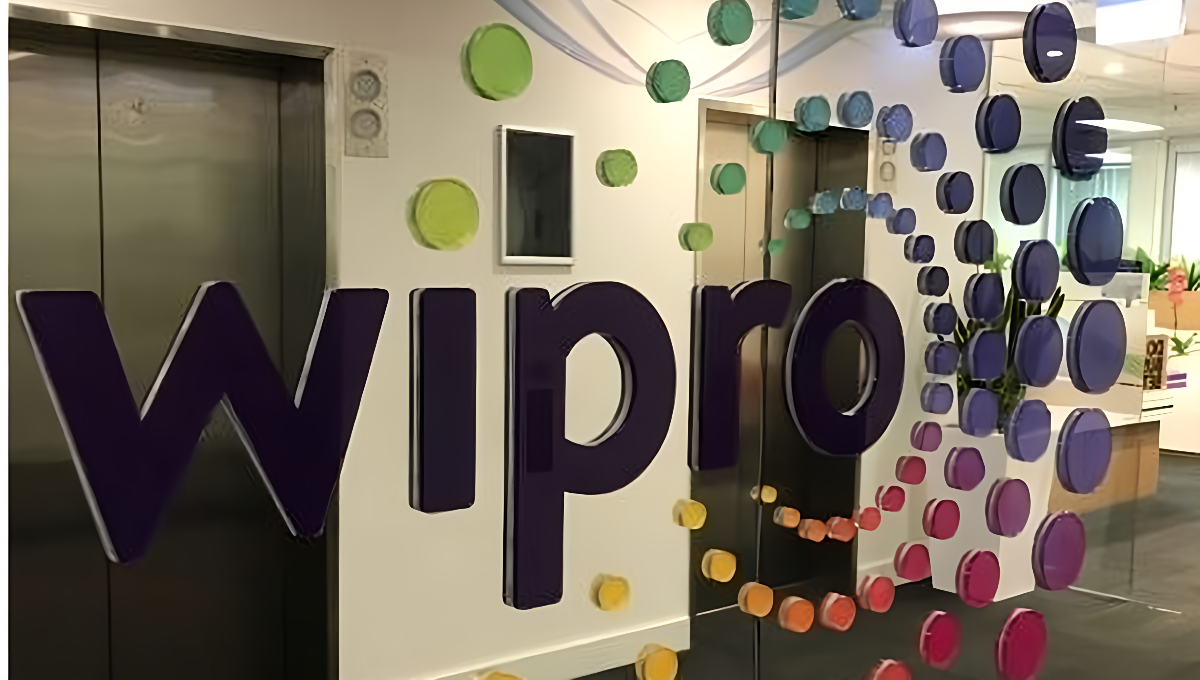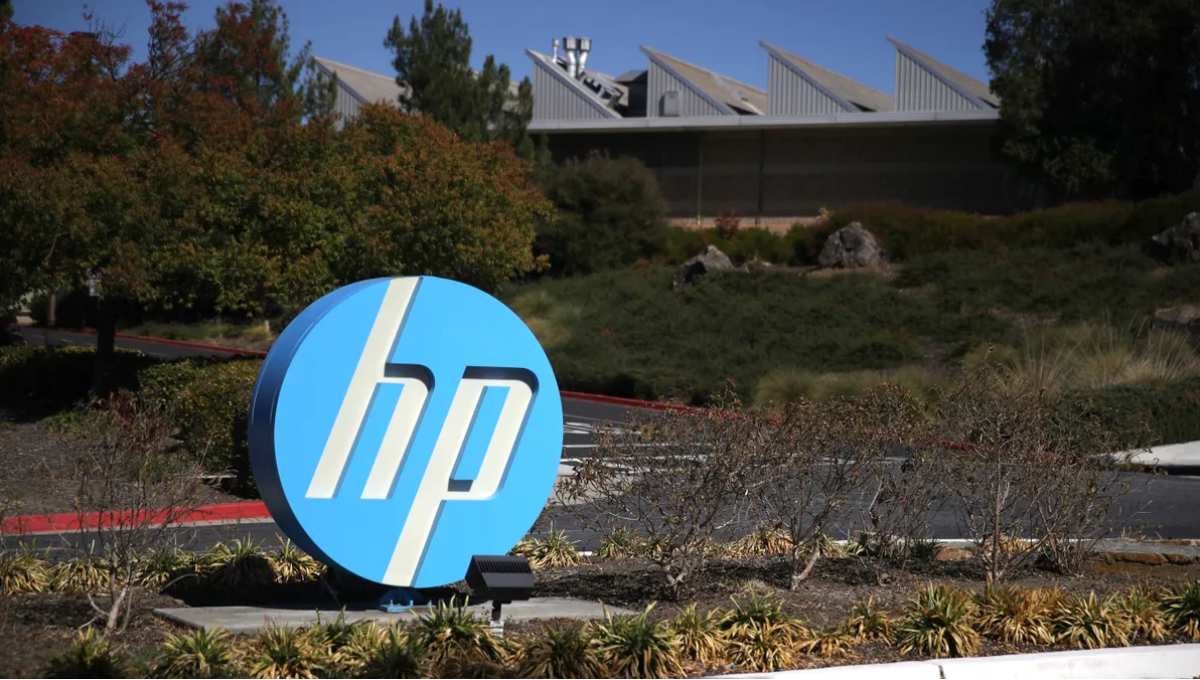Kuyda’s Vision and the Birth of Wabi
Eugenia Kuyda anticipated the rise of consumer AI long before it became mainstream. She launched Replika in 2017, one of the first major AI companion platforms, well ahead of ChatGPT. Today, Replika boasts 35 million users.
Now, Kuyda is introducing a new venture called Wabi, which she describes as a “YouTube for apps.” It’s a social platform where anyone can generate mini apps using prompts and share them with friends instantly.
Wabi, currently in beta, represents a new shift in consumer AI: personalized software designed for everyday users.
The startup has secured $20 million in pre-seed funding from high-profile investors, including AngelList co-founder Naval Ravikant, Y Combinator CEO Garry Tan, Twitch co-founder Justin Kan, Replit CEO Amjad Masad, Notion co-founder Akshay Kothari, Neuralink co-founder DJ Seo, and Conviction founder Sarah Guo.
Anish Acharya, general partner at Andreessen Horowitz, highlighted Kuyda’s track record: “She was early and correct about AI companions. Few people can consistently predict what consumers will want, and she appears to be doing it again.”

Wabi is entering a rapidly growing market. Tools like Cursor and Lovable have captured VC attention, while no-code AI platforms such as Emergent, Replit, and Bloom are enabling non-technical users to build apps via prompts.
Wabi differentiates itself by combining creation, discovery, and hosting in one platform—eliminating the need for traditional app stores.
Kuyda emphasized that Wabi is aimed at people without coding knowledge. Users can type something like “build me an AI therapy app,” and Wabi will propose features and create the app automatically, without showing any code.
Social Features, User Experience, and App Creation
The platform recently added social features for beta users, such as liking, commenting, remixing apps, and viewing profiles to see what others have built or enjoyed.
Wabi has already generated excitement on social media, with founders, designers, and investors praising its simplicity. Even Logan Kilpatrick, product lead at Google DeepMind, publicly acknowledged the platform.
what if the app store was social?
with wabi, it is.introducing the social app store where you can instantly see what apps your friends are creating, loving, and remixing pic.twitter.com/tfjltyZApv
— wabi (@wabi) November 3, 2025
Kuyda explained that the social component is essential for creativity and discovery. Mini apps can spark conversations and form communities around shared interests.
The Explore page currently showcases popular and recent apps, but Kuyda plans to implement algorithms to personalize recommendations over time.
Wabi will soon introduce personalized onboarding, generating starter apps for new users automatically to help them begin experimenting immediately.
The core promise of Wabi resembles platforms like ChatGPT’s GPT store or Quora’s Poe: build mini apps through prompts that solve small, practical problems.
Users don’t need to handle any technical setup; Wabi manages icons, databases, and user interface design based on the prompts.
For apps requiring AI output, users can select foundational models, like ChatGPT or Gemini, and even modify the prompts Wabi generates.
Creating a basic app is straightforward, but debugging may still be necessary. For example, apps can sometimes recycle content or use outdated sources.
One test app designed to display a daily dog photo repeatedly showed the same images, while a news app pulled old stories, some from Wikipedia, highlighting the need for ongoing maintenance.
Kuyda acknowledges that Wabi is still in its early stages. Ensuring apps work perfectly out of the box remains a challenge, although model improvements are ongoing.
A portion of the $20 million funding is dedicated to expanding Wabi’s product team and subsidizing platform usage until a clear monetization strategy is developed.
Kuyda has ruled out ad-based revenue, aiming instead for a clean, enjoyable user experience without the negative incentives that ads often create.
Future Potential and the Era of Disposable Software
Acharya envisions a future where network effects drive monetization naturally. He predicts a professionalization trend where aspiring content creators may focus on building software on Wabi rather than traditional social media.
Drawing parallels to YouTube, Acharya notes that early content was low-budget, yet the platform eventually evolved into a hub of high-quality production. With software, however, successful creations have compounding value over time rather than diminishing returns.
Acharya also highlights the concept of “disposable software”—small apps that can be quickly created, shared, or discarded, offering a level of participation previously unavailable to the general internet population.
Ultimately, Wabi aims to bring back the creativity and unpredictability of the early web, providing users the freedom to make and share software in ways that challenge the current uniformity of apps and social platforms.
Also Read:
Microsoft created a fake marketplace to test AI agents — and they failed in unexpected ways
SoftBank and OpenAI launch new joint venture in Japan as AI deals grow increasingly circular









